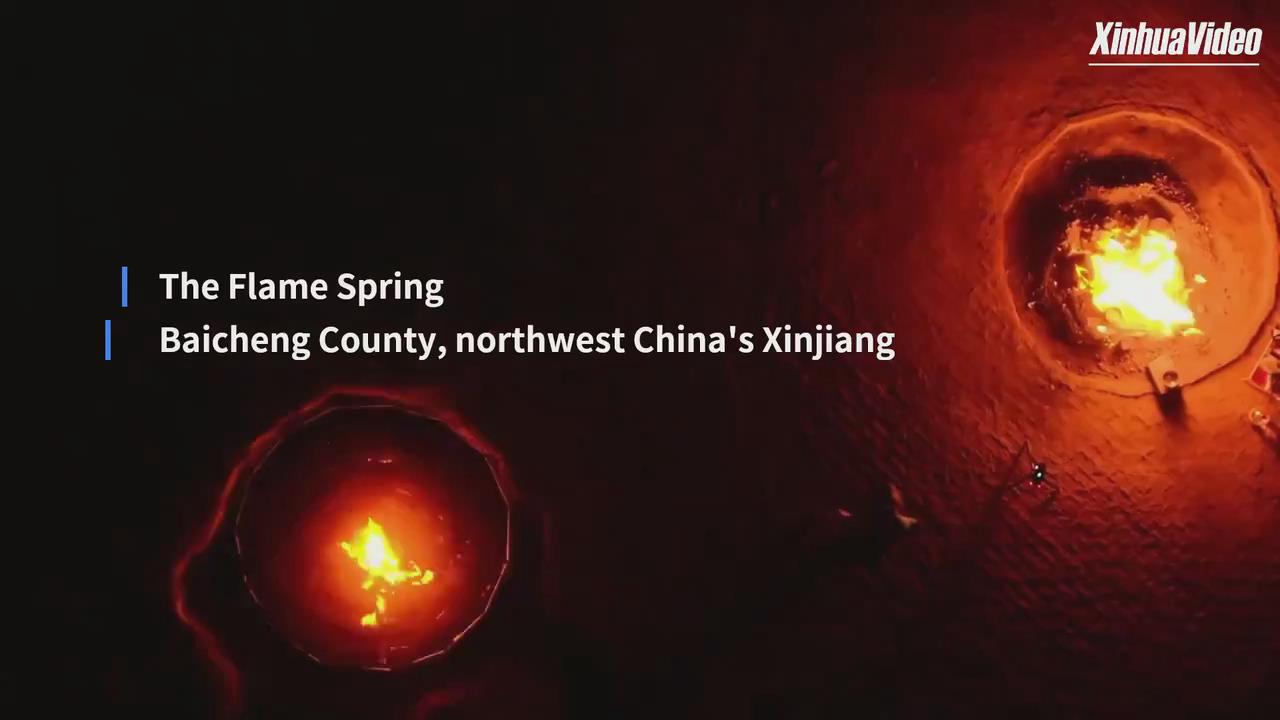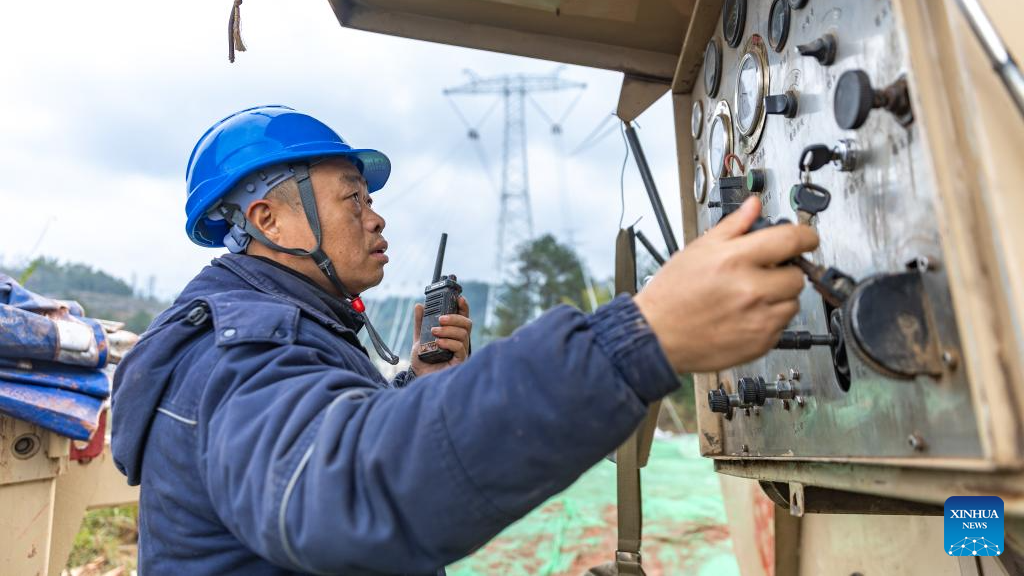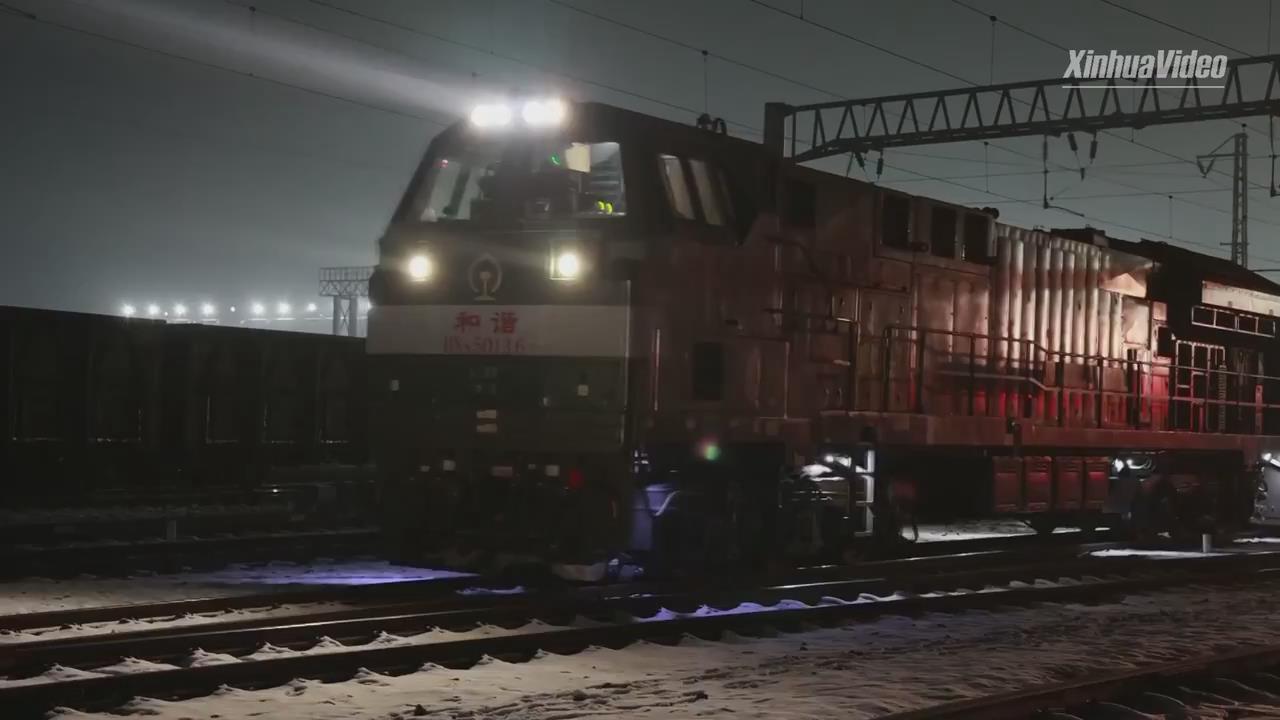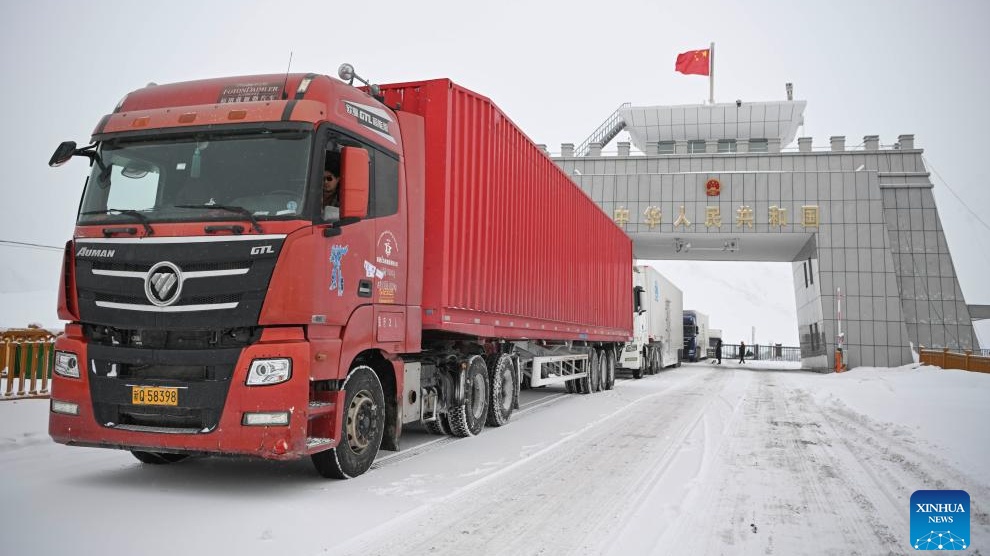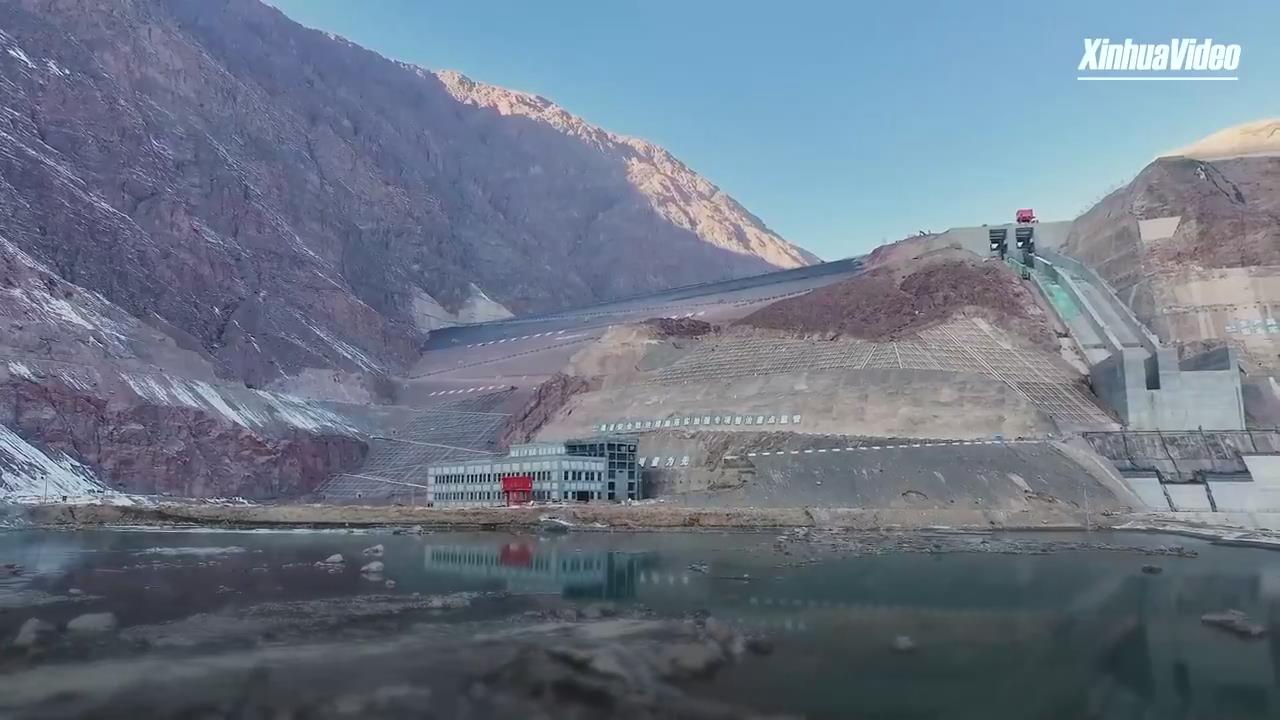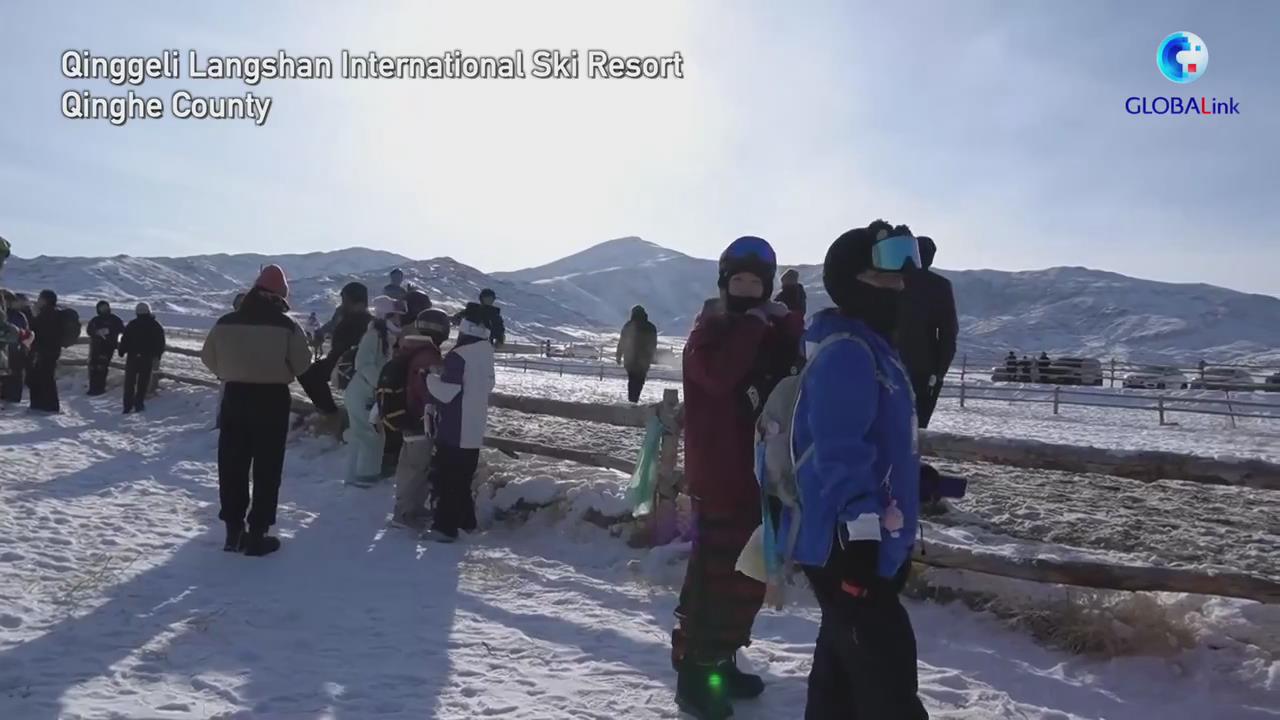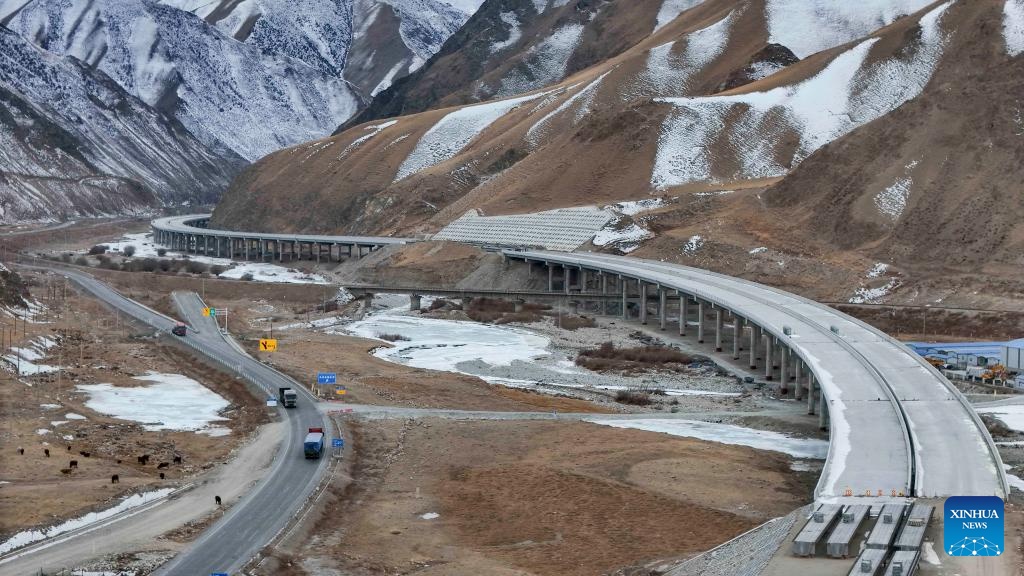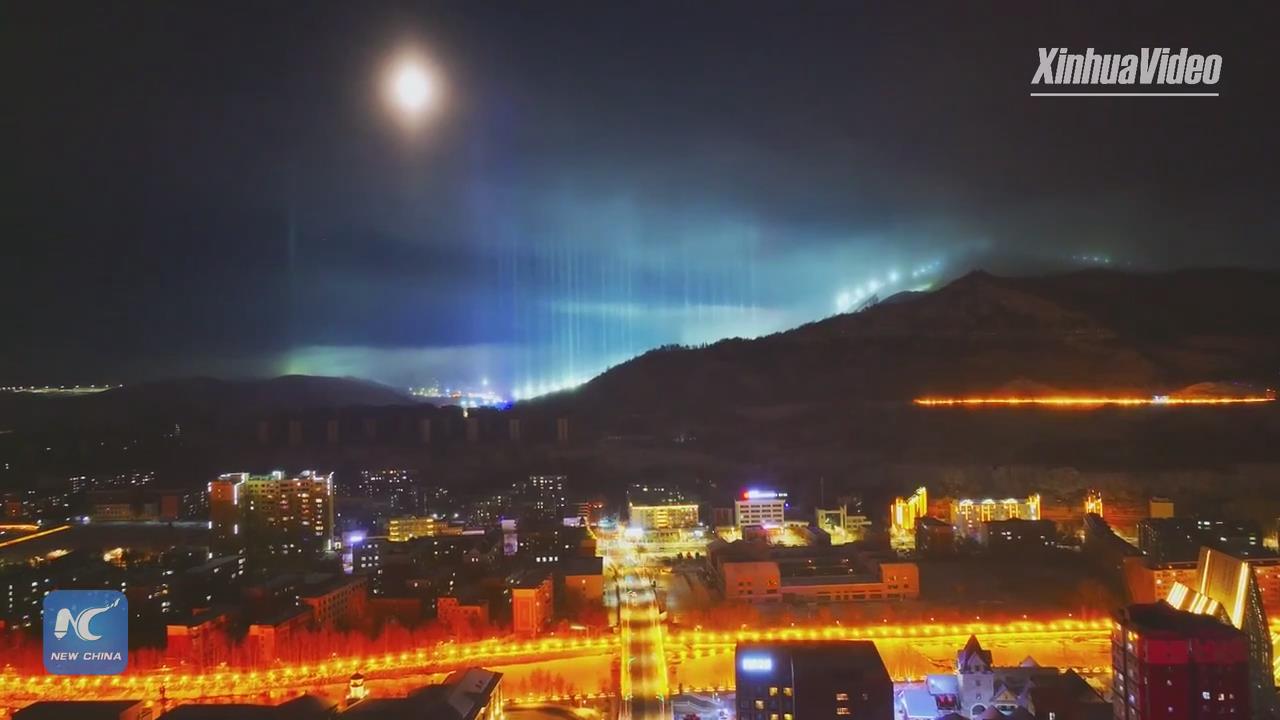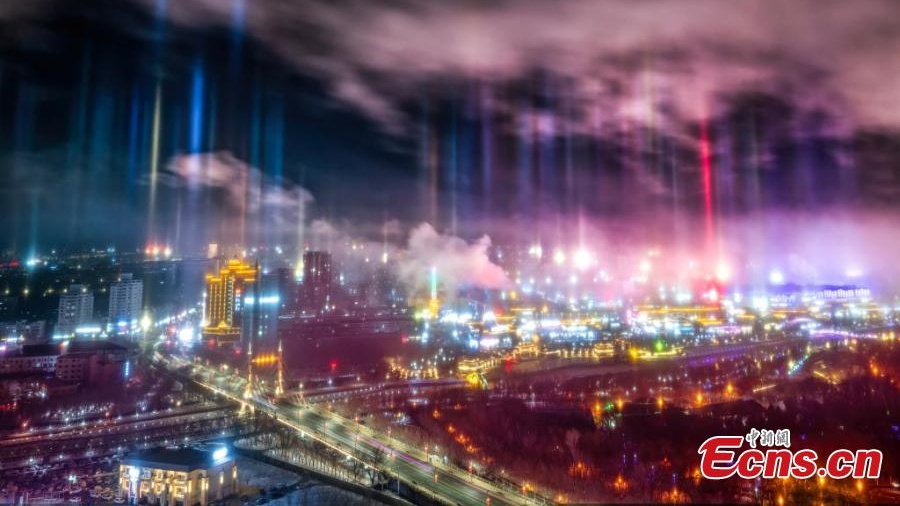The remarkable development seen in northwest China's Xinjiang Uygur Autonomous Region speaks for itself and refutes the West's allegations of so-called "forced labor" and "human rights abuses" against the Muslim population, said an Egyptian reporter who has recently visited the Chinese region twice.
Mazen Eslam, a reporter at Egypt's Al-Qahera News TV channel, told Xinhua in an interview that he was amazed by the development, modernization and prosperity he saw in Xinjiang during his two visits, the latest of which was a few weeks ago.
In Xinjiang, whether in the regional capital Urumqi or elsewhere, the shapes and styles of buildings "reflect development and modernization," and the people of Xinjiang are friendly, cheerful, and helpful, said Eslam.
He described Xinjiang as a prosperous, modernized region with high productivity and growing gross domestic product (GDP) -- "a Chinese miracle" and "a victory for humanity."
Xinjiang's foreign trade grew from 100 billion yuan (14 billion U.S. dollars) in 2007 to 200 billion yuan (34 billion dollars) in 2022.
The figure reached 357.3 billion yuan (50 billion dollars) last year and is expected to hit 400 billion yuan (68 billion dollars) this year, said Chen Weijun, executive vice chairman of the regional government of Xinjiang, during a press briefing held in Beijing in May.
In the first quarter of 2024, Xinjiang's GDP grew by 5.6 percent year-on-year, while its foreign trade volume expanded by 42.7 percent, said Erkin Tuniyaz, chairman of the regional government, during the same briefing.
The false claims about Xinjiang in the Western media, the U.S. media in particular, reflect "a clear attempt to obstruct Chinese progress and development," said the Egyptian reporter.
Some Western media claimed that the Chinese government exercises "forced labor" against Uygur Muslims and forces them into "re-education camps" as a way of detention, but those so-called "camps" are actually vocational education and training centers established with preventive measures for counter-terrorism and de-radicalization, as clarified by Xinjiang officials.
"We visited factories in Xinjiang, and I am certain that they are an example to follow in preparing future competencies," said Eslam, who debunked the baseless Western reports on Xinjiang.
"Ninety percent of the workers in Xinjiang factories are young people under efficient training who can lead the future development in the region," he said.
Eslam also visited mosques in Xinjiang and prayed there, talked to their imams, and took photos and videos.
"People there practice their beliefs and religious rituals freely, and there is nothing true to the false claims of persecution of Uygur Muslims," the Egyptian reporter said.
"It is a land of aspirations toward a bright future where people work together to achieve prosperity and progress for the region," he said.





.png)

